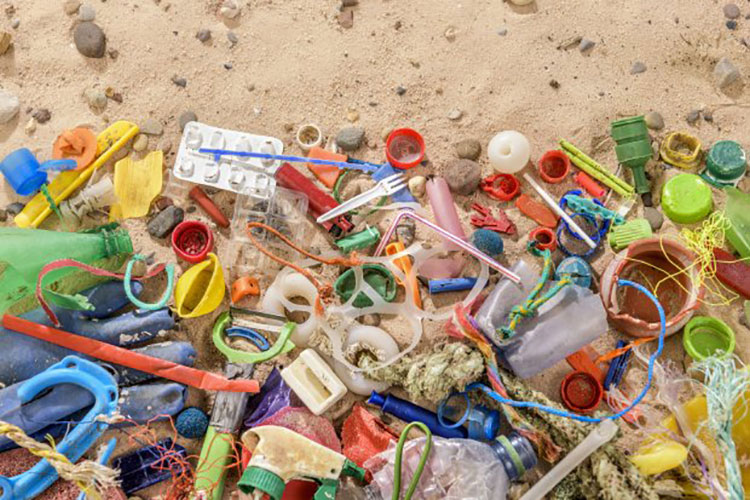The European Commission welcomes the important step taken by the European Parliament today to adopt its position on our initiative to tackle marine litter at its source, targeting the 10 plastic products that most often end up in the oceans, as well as lost and abandoned fishing gear.
Taken together, these products constitute 70% of marine litter. Europeans are greatly concerned about the impacts of plastic waste on their health and the environment.
The proposal submitted by the Commission envisages different measures to apply to different product categories. Where alternatives are easily available and affordable, single-use plastic products will be banned from the market. For products without straight-forward alternatives, the focus is on limiting their use through a national reduction in consumption; design and labelling requirements; and waste management/clean-up obligations for producers.
Karmenu Vella, EU Commissioner for Environment, Maritime Affairs and Fisheries, said: “Today we are one step closer to eliminating the most problematic single use plastic products in Europe. The Commission has promised to be big on big things – and plastic pollution and marine litter are among the biggest challenges of our times. That is why we invested in a legislative proposal to reduce single use plastic items and abandoned fishing gear. I warmly welcome today’s vote by the European Parliament. It sends a clear signal that Europe is ready to take decisive, coordinated action to curb plastic waste and to lead international efforts to make our oceans plastic-free. This is progress we will proudly showcase at next week’s Our Ocean conference in Indonesia. ” T
he proposal supported by the Parliament today is just one part of the world’s first comprehensive Plastics Strategy, adopted by the Commission earlier this year. It is part of a broader effort of turning Europe into a more sustainable, circular economy, reflected in the Circular Economy Action Plan we adopted in December 2015.
In parallel to this legislative initiative, the Commission has been in dialogue with stakeholders and producers; has launched an awareness-raising campaign targeting EU citizens and is leading international efforts to reduce plastic pollution worldwide through relevant platforms and fora, including G7, G20 and UN Sustainable Development Goals.



